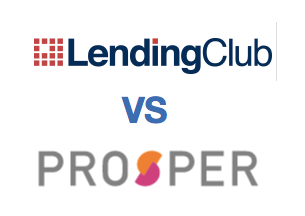 In the peer-to-peer (P2P) lending space, Lending Club and Prosper are the two heavyweights in the industry. Prosper is the first P2P lending site out of the gate, and Lending Club is now the largest (Prosper is #2). In fact, the two companies are practically synonymous with P2P lending, and often mentioned interchangeably.
In the peer-to-peer (P2P) lending space, Lending Club and Prosper are the two heavyweights in the industry. Prosper is the first P2P lending site out of the gate, and Lending Club is now the largest (Prosper is #2). In fact, the two companies are practically synonymous with P2P lending, and often mentioned interchangeably.
To be sure, the two platforms have a lot in common. Both match investors and borrowers on their platforms to create bank-less loans. Prosper make personal loans of up to $35,000, while Lending Club makes personal loans up to $40,000 for just about any purpose. Both companies are based in San Francisco. And both run their loans through the Utah-chartered Web Bank.
But the specifics for each platform is where they part company, and some of those differences are significant.
Credit Score Requirements
Credit score requirements between the two platforms are actually somewhat different. Prosper requires a minimum credit score of at least 640, which is obtained from Experian (FICO 08 credit score). However, Prosper also uses its own proprietary rating referred to as a Prosper Rating. This is something like Prosper’s own version of credit scoring in that they take into account most of the same factors that FICO scoring models use.
The Prosper Rating ranges from AA, the highest rating with the best pricing, down to HR, the lowest rating with the highest pricing.
Lending Club requires a minimum credit score of 600. Lending Club also requires that you must have at least three years of credit history, show no current delinquencies, have no bankruptcies within the past seven years, and no open tax liens, charge-offs or collections (non-medical) within the past 12 months.
Lending Club also assigns credit grades, and they can range between A (highest) and G (lowest). But with each letter grade, there is also a sub-grade of between one and five. Each numeric subgrade gets an “Adjustment for Risk and Volatility” that results in a higher base interest on the loan. That changes the credit grade range to A1 (highest) to G5 (lowest).
Types of Loans Available
As noted earlier, Lending Club make unsecured personal loans for up to $40,000 while Prosper makes unsecured personal loans for up to $35,000, for just about any purpose. However, Lending Club goes beyond personal loans, and offers two other loan types that are vastly different from what is offered by Prosper.
Prosper Personal Loans
- 5.99%-36.00% APR
- Borrow Up to $35,000
- 3-5 Years
- 1%-5% Origination Fee On Loan Amount
Lending Club Personal Loans
- 5.99%-35.96% APR
- Borrow Up to $40,000
- 2-5 Years
- 1%-5% Origination Fee On Loan Amount
Business Loans and Credit Lines. Lending Club provides these in much higher loan amounts than their regular personal loans (see Loan Amounts below). They are loans that are available specifically for business purposes.
Business loans are fixed rate, fixed term installment loans with no prepayment penalties. The business line of credit works similar to a credit card, in that you pay interest only on the amount of the line that is outstanding. The business line of credit program is brand-new, so program specifics are limited.
In order to qualify, you must be in business or at least 24 months, and have at least $75,000 in annual sales. Your credit report must show no recent bankruptcies or tax, and you must have at least fair or better personal credit. In addition, you must own at least 20% of the business.
Lending Club is more flexible with their business loan requirements than banks traditionally are. Many loans require no collateral, and you are not required to furnish a business plan or projections, or paper appraisals or title insurance.
You can use a business loan or line for debt consolidation, to refinance existing debt, purchase inventory or equipment, acquire a business location, remodel your business, cover marketing expenses and emergency repairs, or just to use for general working capital.
Medical Loans. Lending Club labels their medical loans Patient Solutions. Just as is the case with business loans and lines of credit, Lending Club provides two types of medical loans: Extended Plans and True No-Interest Plans, and there are significant differences between the two.
Extended Plans are fixed rate installment loans with specific terms. They can be used to pay for expenses that are not covered by traditional health insurance plans, such as dental, fertility, hair restoration, and weight loss surgery.
True No-Interest Plans have a specific term (6, 12, 18 or 24 months) within which there is no interest charged on your loan. However, interest will be applied to any balance remaining on the loan after the no-interest period expires. These loans are limited to financing dental and hair restoration expenses.
It must be noted that Prosper also offers business loans and medical loans, but they are actually their regular personal loans and they can be used for business and medical purposes. But they are virtually the same loan product offered for other loan purposes, such as debt consolidation. That is to say that proceeds of a personal loan can be used for both business and medical reasons, as well as other purposes.
Loan Amounts
Both platforms cap personal loans at $35,000. But Lending Club exceeds that limit for both its business loans and lines and it’s Patient Solutions loans.
Business loans are available at up to $300,000. For business loans and lines under $100,000, Lending Club does not require any collateral. Loans and lines for more than $100,000 (up to the maximum) are collateralized by a general lien on the business, as well as a personal guarantee by the business owners.
The maximum loan amounts for Patient Solutions loans varies depending on the specific program type. For Extended Plans, the maximum loan amount is up to $50,000. For True No-Interest Plans, the maximum is $32,000.
Interest Rates and Loan Terms
Prosper bases your interest rates largely on their Prosper Rating. Pricing ranges from as low as 5.99% APR for AA borrowers taking three year loans, to as high as 36.00% APR for an HR loan with a three year loan term. All Prosper loans are for terms of either three years or five years, but are limited to three-year terms on loans with a Prosper Rating of HR.
As is typical of nearly all P2P lending sites, Prosper also charges an origination fee – now referred to as a closing fee – which is expressed as a percentage of the loan amount. It can range between 1% and 5% of the loan amount, and is deducted from the loan proceeds upon funding. Prosper does not charge a prepayment penalty on any of its loans.
Lending Club’s best rate on personal loans (credit grade A1) starts out at 5.99% APR, which is exactly where Prosper’s best rate is. Their rates tops out at 35.96% APR credit grade G5 loans with a term of 36 months. Lending Club also has origination fees, and they range between 1% and 5% of the loan amount. There is no prepayment penalty on any of their loans.
Lending Club’s personal loans are also available in terms of three years and five years, however they also offer 24 month loans for credit grade A loans.
Of course, Lending Club has a different pricing range for its business loans and credit lines, and medical loans.
Business loans are available in terms from 1 to 5 years, and carry interest rates of between 8.00% APR and 32.00% APR, depending upon credit grade and the financial strength of the business. They also charged an origination fee that ranges between 0.99% and 6.99% of the loan amount. There are no prepayment penalties.
Lending Club Business Loan
- Borrow Up to $300,000
- 1-5 Year Term
- 0.99%-6.99% Origination Fee On Loan Amount
Business lines of credit are available at rates ranging between 6.25% and 21.60%.
Lending Club’s medical loans – a.k.a., Patient Solutions – depend upon the loan type for both pricing and term. Extended Plans have APR’s that range between 3.99% and 24.99%. The rate is based on the amount financed and the applicant’s credit history. Loan terms can be 24, 36, 48, 60, 72, or 84 months.
True No-Interest Loans are interest-free for terms of six, 12, 18, or 24 months. After that, a rate of 22.98% APR is charged on any unpaid balance. That rate is a variable rate, and can change between now and the time that the 0% APR term ends.
One important factor to realize whether you apply for a loan through Prosper or Lending Club is that rates and APR’s are in general ranges only. The only way to know exactly what you’re rate and APR will be is to actually make application through each platform.
Lending Club vs. Prosper – Which is the Better Platform to Get a Loan?
It’s virtually impossible to make a clear determination as to which platform will work best under most circumstances. Each site uses a proprietary algorithm to determine both approvals and loan pricing.
But there are a few clues that show up in a side-by-side comparison…
If your credit score is floating somewhere in the middle 600 range, you’ll probably be better off applying for a loan through Prosper. Their credit score requirement is a full 20 points lower than Lending Club, and they don’t have the specific sub-requirements either.
On the other hand, if you’re specifically interested in either a business loan or a medical loan, Lending Club has specific loan programs for those purposes, while Prosper doesn’t.
If you don’t fall into one of those two categories, then flip a coin and choose which one to apply with.

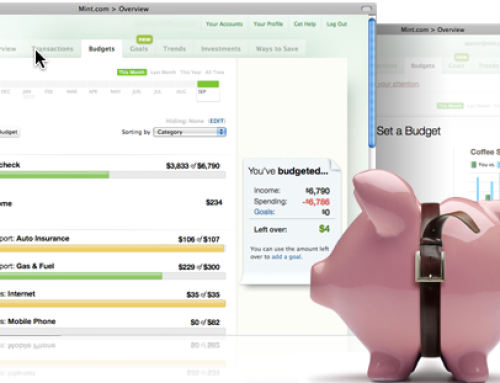
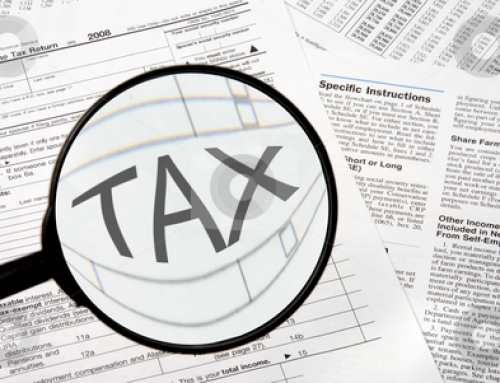
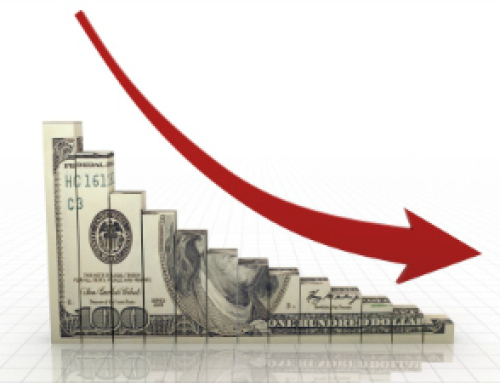
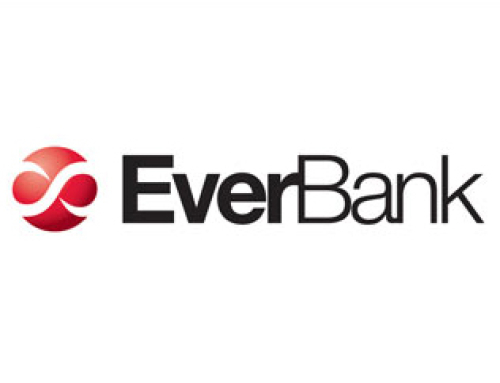








Follow Us